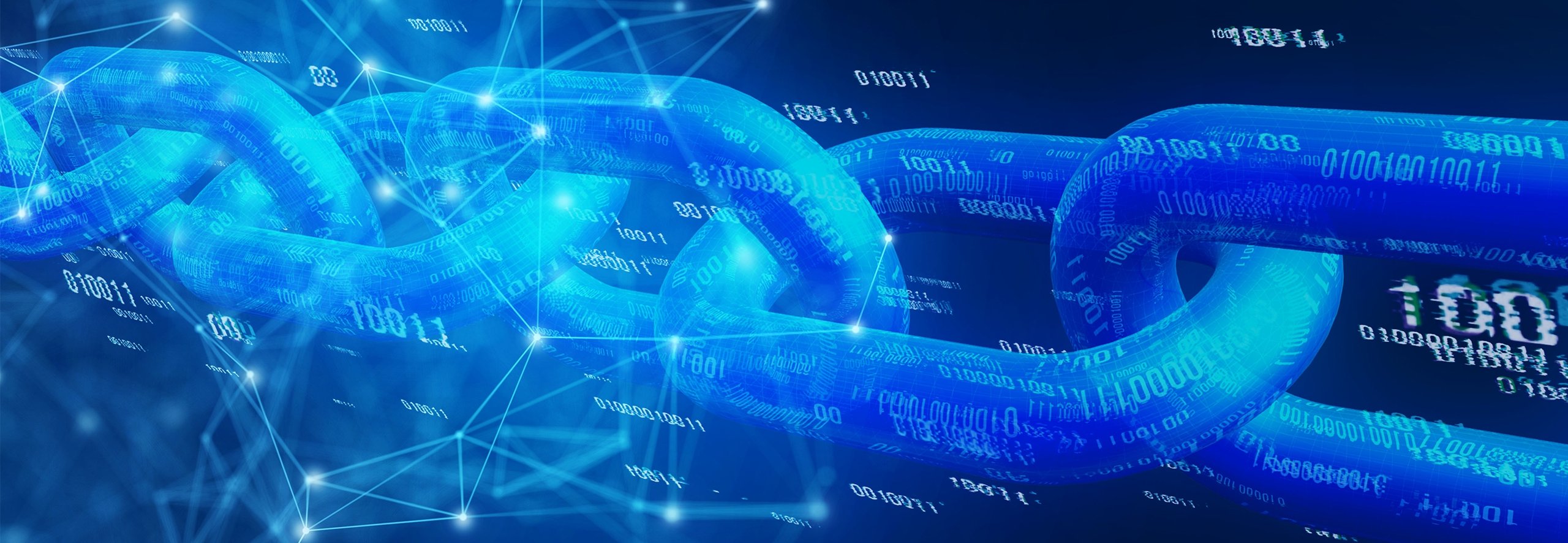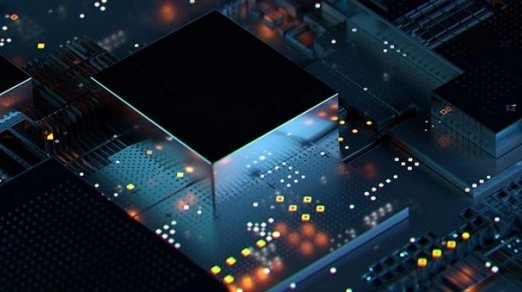J.P. Morgan global executive: With ISO 20022, a ‘generational change’ is coming in payments
IN BRIEF
- The move to ISO 20022 is a generational change in payments and probably the largest we will see in the payments space in our careers. At J.P. Morgan, we made a bold choice to be an early adopter.
- The payments industry has a socio-economic responsibility to continually innovate while safeguarding against systemic risk and financial crime.
- By 2035, I think we’ll edge closer to being a cashless society. Biometrics and affordable wearable tech will help speed that up. I think we’ll see an increase in AI-driven automated and programmable payments.
Perhaps more than any time in its history, the payments space is in a state of flux. New standards and emerging technologies are disrupting the landscape, creating new opportunities and unique challenges. In the VISION by Protiviti interview, Protiviti Managing Director Naveen Shankar sat down with Ciarán Byrne, Head of Global Clearing Product & Transformation at J.P. Morgan Payments, to discuss ISO 20022, emerging technologies, the user experience and an exciting, and often unpredictable, future of payments.
Shankar: Thanks so much for speaking with Protiviti; we appreciate it. You hold overall responsibility for the global implementation of ISO 20022 and just completed the largest upgrade to the ISO 20022 standard. That’s a massive undertaking. Where are you in the process of rolling that out to all J.P. Morgan endpoints? How is that process going and ultimately, what will be its impact?
Byrne: Great to be speaking with you, Naveen. The move to ISO 20022 is a generational change in payments and probably the biggest we will see in the space in our lifetimes, or at least our careers. At J.P. Morgan, we wanted to be an early adopter for cross-border payments, so we made the bold choice to migrate all our payment systems and all our outbound CBPR+ traffic to ISO 20022. As a result, we now represent 50% of the total ISO 20022 cross-border payment message traffic on Swift. We are fully committed to making ISO 20022 a seamless migration for our clients and providing access to various resources, including sharing lessons learned from our own migration journey. We published, in my opinion, the definitive guide to ISO 20022 implementation in the market.
Shankar: You said J.P. Morgan has committed to being an early adopter of ISO 20022. Why is that so important?
Byrne: We believe we will see immediate benefits as adoption increases. ISO 20022 should strengthen operational resiliency in payments, enhance straight-through processing, and make the application of sanctions more efficient. However, many more of the new standard’s ramifications dwell in the realm of the theoretical, the possible, and the uncertain so there is a lot to unfold over the next couple of years as we move from interoperability to full adoption.
Shankar: As you look out to the next few years, what trends, opportunities and challenges do you see? How optimistic are you?
Byrne: Very optimistic for the future! As I mentioned, it is an extremely interesting and exciting time to be in payments. Cross-border payment dynamics are particularly robust. Flows reached about $150 trillion in 2022 and are expected to grow to $250 trillion by 2027. Just to give you a sense of the scale, J.P. Morgan processes around 10 trillion dollars every day, and over 99% go to straight-through processing. In foreign exchange markets, where currencies are traded, dollars are involved in nearly 90% of all transactions, and J.P. Morgan processes one out of every four U.S. dollar payments in the market. We cover more than 160 countries worldwide, tap into 4,000 correspondent banking networks, send over 120 currencies and receive in 40 currencies.
All that being said, there are a number of trends we see on the horizon. They include new payment mediums, such as emerging networks like real-time payment systems and Partior; foundation standards, including centralized screening; financial inclusion and transparency on timing and fees; and security, fraud and identity services. One potential challenge though: The rate and scale of industry ISO adoption remain a challenge and reaching a truly global standard with all interconnected parties will need industry-wide prioritization and leadership.
Just to give you a sense of the scale, J.P. Morgan processes around 10 trillion dollars every day, and over 99% go to straight-through processing. In foreign exchange markets, dollars are involved in nearly 90% of all transactions, and J.P. Morgan processes one out of every four U.S. dollar payments in the market.
Shankar: Let’s talk about that leadership. You oversee the company’s engagement with key industry groups and global stakeholders. How important are those relationships for J.P. Morgan?
Byrne: Extremely important. I run the Global Industry Group within J.P. Morgan Clearing, and it is key for us to promote and empower the payments strategic vision by participating in industry groups, driving direction, listening, analyzing and sharing information. This is a real group of subject-matter experts who, literally, help set the tone, drive the discussion and determine the future of payments. We also work very closely with our regulators and industry bodies to ensure full alignment and coordination in very dynamic markets around the world. The payments industry has a socio-economic responsibility to continually innovate while safeguarding against systemic risk and financial crime. Governance will need to factor into our ethical responsibility whilst protecting consumers. Decentralization and disintermediation will require entirely new governance frameworks.
Shankar: There’s been an increasing number of new entrants into the space, many offering lower fees and streamlined customer and user experiences. How do you see bigger players positioning themselves in the market to stay competitive? What would you consider your differentiators?
Byrne: At J.P. Morgan, we are highly focused on digital innovation. We have a $15 billion investment in firmwide technology with nearly half of it dedicated to new products and platforms to unlock the power of data. In addition, we have made a $600 million investment in cybersecurity to manage risk and protect clients against fraud. Other areas where we are focused are AI and machine learning, tools and technology that enhance account validation and dashboard reporting through an intuitive user interface. We have also started using blockchain deposit accounts to move funds in real time facilitating cross-border payments and optimizing liquidity.
Shankar: I’m wondering how the convergence of all these technologies will ultimately impact what the customer experience will look like five or even ten years from now.
Byrne: I expect to see an increase in tailored solutions that address specific client needs backed by a foundation of stability, reliability and availability. I envision a truly globally connected, seamless network with bespoke products to reduce friction, increase interoperability and provide broader access to new and emerging markets. Additionally, there will be new opportunities in structured and enhanced data coupled with rapid advancements in data analytics and generative AI.
Shankar: Finally, more broadly, any bold predictions for payments when you look out a little further… say, 2035?
Byrne: By 2035, I think we’ll edge closer to being a cashless society. Biometrics and affordable wearable tech will help speed that up. I think we’ll see an increase in AI-driven automated and programmable payments. I think we’ll see a significant increase in augmented reality payments, which could lead to, ultimately, a blending of virtual and real-world payments. Inevitably, we’ll also see a linking of real-time payments systems around the world, more demand for 24/7 payment processing, and, eventually, a much broader adoption of distributed ledger technology.
Shankar: Thanks so much for these insights. I really enjoyed our conversation.
Byrne: Me, too! Thanks for having me; this was fun.
Ciarán Byrne is the Head of Global Clearing Product and Transformation within J.P. Morgan Payments where he is responsible for the Banks USD, EUR, GBP, CLS, and CHSS business lines, as well as the execution of key strategic initiatives that evolve the Global Clearing product offering, future-proof the business, and lay the foundation for long-term growth. Ciarán holds overall responsibility for the Global Implementation of ISO 20022, and the company’s engagement with key industry groups. Through these programs he manages a large group of global stakeholders across all areas of the bank to drive towards this goal.
Naveen Shankar is a Managing Director at Protiviti. He is an IT consulting and professional services executive with deep expertise in technology strategy and a proven track record in executing global transformation programs and implementations in the banking and insurance industry across a number of areas within the IT discipline: IT carve outs, pre- and post-M&A transactions, technology due diligence, enterprise architecture, product development, packaged software implementations and infrastructure deployments.
Governance will need to factor into our ethical responsibility whilst protecting consumers. Decentralization and disintermediation will require entirely new governance frameworks.






























